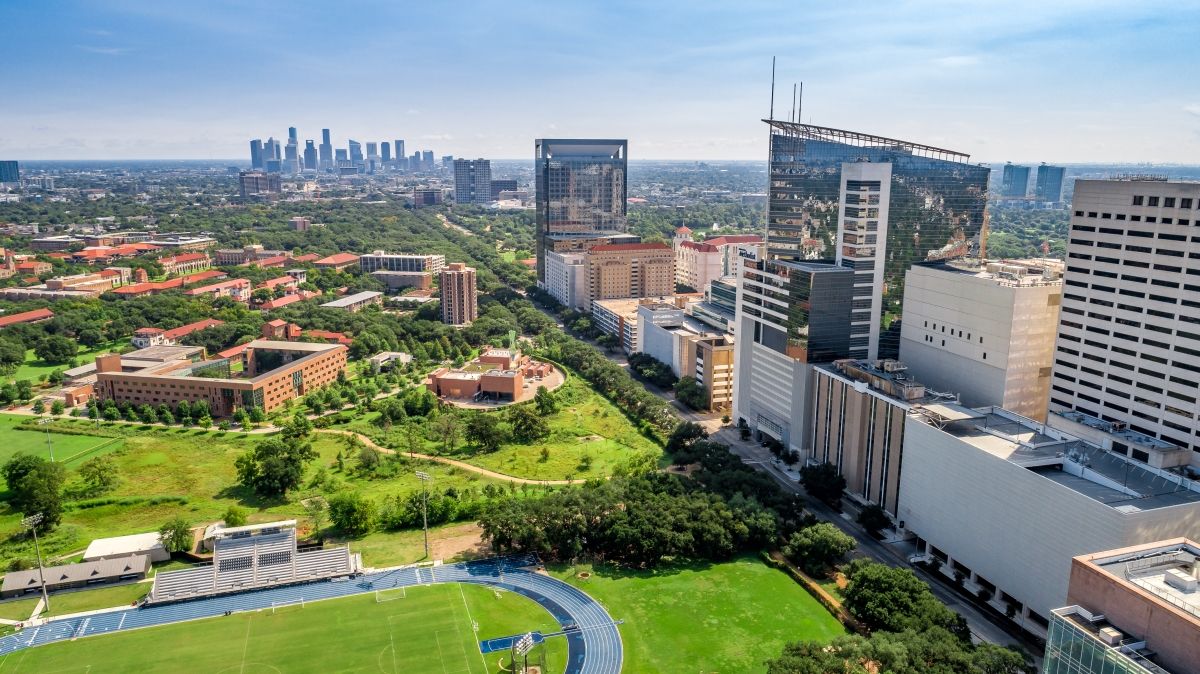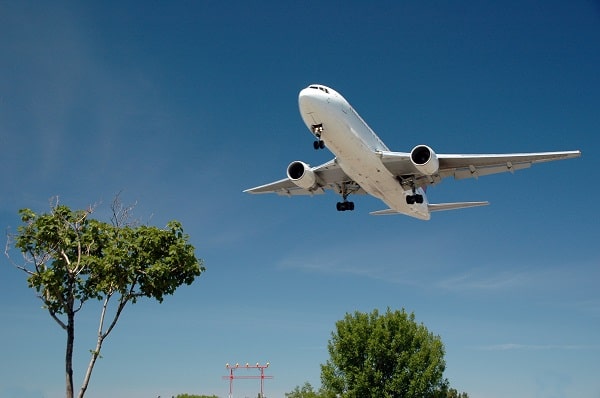First Females Reflect on Their Rise to the Top
Published Mar 14, 2019 by Julia McGowen
The Partnership’s 8th Annual Rise to the Top luncheon brought together nearly 700 to celebrate International Women’s Day. Rise to the Top is the Women’s Business Alliance’s (WBA) signature annual event.
This year’s luncheon featured four women who paved the way as professionals becoming first females in their fields.
- Keynote speaker, Dr. Ruth Simmons, President, Prairie View A&M University, has achieved multiple firsts in her career. She was the first African American president at Smith College, where she started the first engineering program at a U.S. women’s college. She then served as the first female president of Brown University in the position of President and Professor of Comparative Literature and Africana Studies. This position also noted her as the first African-American president at an Ivy League institution.
- Panelist Erin Erb, Division Vice President of Quality, HCA Houston Healthcare, was the first female incident commander for emergency operations in HCA’s Gulf Coast Division.
- Panelist Dyan Gibbens, CEO, Trumbull Unmanned, is a trailblazer in the UAV industry, being recently named as a woman shaping the drone industry by Fortune.
- Panelist Phyllis Saathoff, Executive Director and CEO, Port Freeport was recognized as one of the Top 10 Women in Gulf Transportation by Gulf Shipper Magazine and has more than 25 years of service in the region’s port industry.
Below are quotes from the 8th Annual Rise to the Top participants to inspire you beyond International Women’s Day.
On challenges and excellence
Dr. Simmons: “Striving to be excellent in one’s work does not always lead to immediate accolades. I learned to strive for excellence by first becoming a critic of myself, but also a critic of the hum drum, a critic of the assertion that things must remain the same, a critic of unfair policies, a critic of the obstacles put in place to bar access and preserve privilege.”
Dyan Gibbens: “Turn your setbacks into a set-up for something positive. When you’re going through a setback, it doesn’t always feel like a set-up, but if you have that mindset of ‘how can I learn from this failure, this change, that’s what aids you in triumph.”
On working together
Dr. Simmons: “It wasn’t until I understood that the burden of self-improvement and self-criticism was an obligation equal to that of trying to improve others. So I learned to listen, to be more discerning in my perceptions, to give others the benefit of the doubt; and when I was able to do this, I became less of a critic and more of a team player, able to work alongside others, able to listen to different approaches and persuade others of my point of view.”
Phyllis Saathoff: “Some things feel like they’re larger than we’re able to achieve, but just remember, we didn’t get here in our roles alone. We worked with a team of people and bringing together collective ideas and working through those challenges together is how we succeed.”
On workplace diversity
Dr. Simmons: “I applaud work environments that provide the ultimate advantage to workers, and especially to women and minorities. What do we need? Challenging work, honest assessment, insistence on improvement; because frankly, nothing is more enabling than the moment that an individual learns how to deploy their strongest personal assets to solve a seemingly insurmountable problem or to create an important innovation.”
Erin Erb: “Sometimes being a younger executive in the workplace can be a challenge, but I’m always reminded when working with my team that collectively, our unique experiences and backgrounds is what makes us strongest and moves us forward."
See Dr. Simmons full keynote address here. Hear the panel discussion here. View footage from the event's Live Stream Café here.
We invite you to get engaged with the Partnership’s business resource groups geared toward advancing and connecting Houston business women. Learn more about the Women’s Business Alliance here. Learn more about the Executive Women’s Partnership here.
 The Houston Report
The Houston Report


















